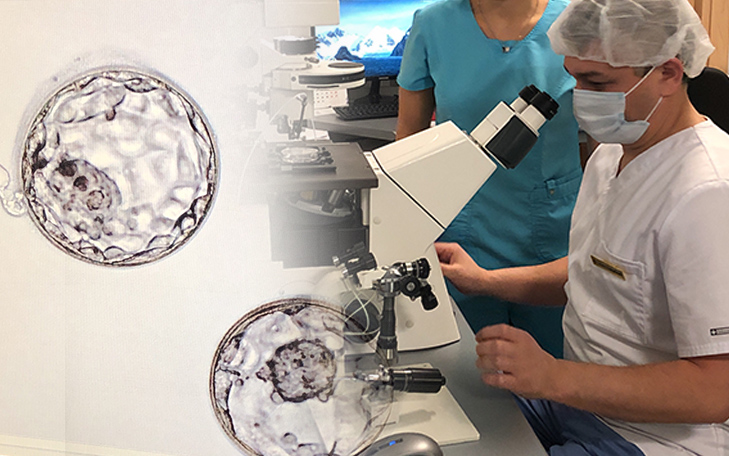Pros and Cons of Stem Cell
Treatment
Stem cell research is one of the most promising and exciting new technologies that
have emerged in the medical industry in recent years. It has the potential to make a
dramatic difference in the lives of patients suffering from various diseases and
injuries entertainment.suratkhabar, providing treatment that may not have been possible just a decade ago.
However, there are a number of pros and cons to using stem cell treatment for
medical conditions.

Pros of Cell Treatment
Compared to traditional medical treatments, stem cell therapy is an extremely cost-
effective solution for treating many orthopedic conditions and restoring mobility in
patients. In addition, it is a simple and quick procedure that is done in-office,
typically lasting only a few hours with a very brief recovery period.
At ThriveMD, we use adult stem cells to treat a variety of conditions, including
osteoarthritis, degenerative disc disease and facet joint injuries, as well as acute
sports injury rehabilitation. We are able to collect and inject these cells into the
affected areas using image guidance, triggering the body’s natural healing
processes and reducing or eliminating pain and other symptoms.
There are several different types of adult stem cells, but one of the most important
is induced pluripotent stem (iPS) cells. These are lab-engineered cells that can be
reprogrammed to act like embryonic stem cells. These can help scientists
understand more about developmental stages, illness initiation and progression, as
well as create and test new medications and treatments.
While iPS cells are currently in clinical trials, embryonic stem cells have long been
the main source of stem cell research. The major drawback to using these cells is
that they can be difficult to obtain, and many patients do not want to risk donating
their embryos to research purposes.

In addition, there are a number of ethical concerns surrounding embryonic stem cell
research, especially when it comes to using them for treating patients with a wide
range of health issues. For instance, embryonic stem cells have been known to
cause a number of future health problems for patients who receive them as part of a
treatment.
Other disadvantages of embryonic stem cell research include high rejection rates,
and the fact that they can be dangerous to human life if not used properly. They can
also lead to the development of tumors if they are not handled properly.
Another disadvantage of embryonic stem cell research is that it requires the
destruction of an embryo in order to obtain stem cells. It is therefore a controversial
topic that has raised a lot of debate and skepticism.
Lastly, there are other legal restrictions that limit stem cell research in some ways.
For example, some states ban stem cell research that uses embryos as a source for
cells.
Despite the numerous pros and cons of cell treatment, it remains an exciting
technology with the potential to revolutionize the way doctors treat patients. With
the right research and guidance, patients can benefit from these powerful treatment
options.
